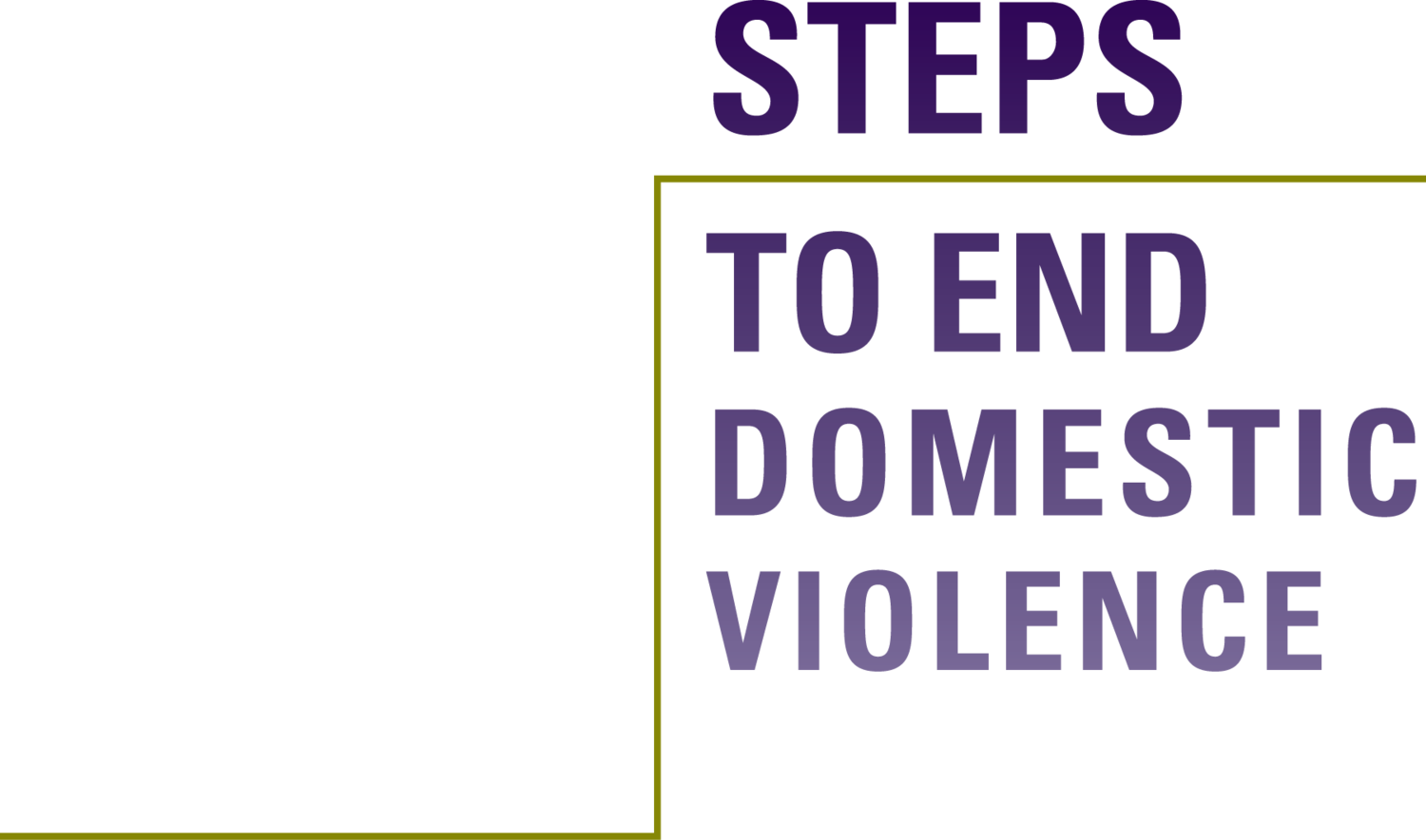With the recent overwhelming news of killings in the United States and around the world, Steps to End Domestic Violence stands in solidarity with the Vermont Network to End Domestic and Sexual Violence in support of Black Lives Matter and other organizations that seek racial justice.
At Steps to End Domestic Violence, we continuously strive to be a more culturally aware and competent organization. Every day, we work toward our mission of promoting a culture that fosters justice, equity and safety.
The recent change of our name to Steps to End Domestic Violence is part of our effort to be more inclusive of all we serve. We actively engage with community partners, law enforcement, and other service providers to learn from one another. We are committed to staff development in cultural competency, which we define as, “a set of congruent behaviors, attitudes, and policies that come together in a system or agency in order to work effectively in cross-cultural situations.”
Through enlightening discussions as a staff, we are challenging our collective and individual biases and identifying growth opportunities. We continuously examine how we do what we do – from how we engage with those who use our services whether in person or on the hotline, how and where we deliver our services, what fundraising activities we conduct, how we communicate via social media, or even how we communicate with our coworkers.
Much of the work we do is limited by institutions or structures that we can’t easily change, but we know there is opportunity for education and evolution. We can adapt our support to best meet the needs of those we serve, and, ultimately, be an agent for social change.
Although our primary focus is on those affected by domestic violence, we acknowledge that domestic violence is but one form of the pervasive violence in our world. We know that ending violence means ending oppression. As an organization, we recognize how institutional racism impacts our work and those we serve. We are willing to confront the uncomfortable and examine our own privilege.
We are committed to doing what we can to evoke change here in Chittenden County and beyond. By being aware and allowing ourselves to ask questions without making assumptions, we will better serve those who seek our help. As our Cultural Competency Committee co-chair said, “Now more than maybe ever, we need to be the most culturally competent organization we can possibly be.”

